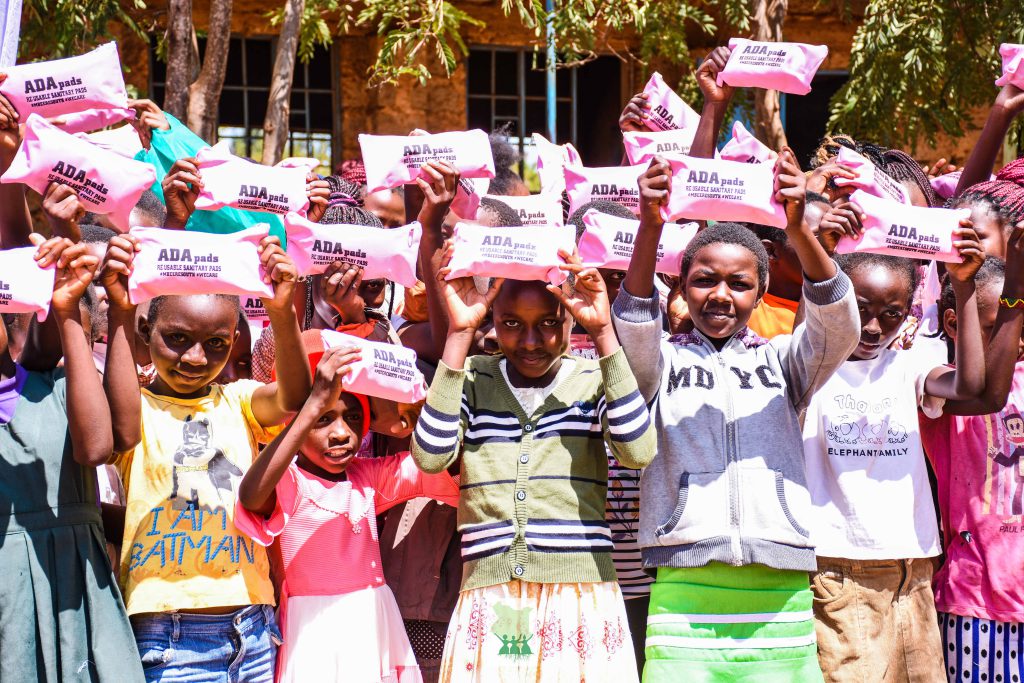THE MBEERE GIRL CHILD.

What is Gladys Kinga’ngi’s story in Mbeere?
How does it affect the girl child?
We tour the constituency to find out how her Proudly Kenyan sponsored project is coming along and seek opinions from residents on their expectations once it’s complete.
Glady’s Kinga’ngi’s twofold project involves gifting 2000 girls reusable pads and at the same time construct five ablution blocks for the same number of public primary schools in Mbeere South.

NGENGE PRIMARY SCHOOL
First, we visit St. Stephen’s Ngenge Primary School, where the sitting member of parliament obtained his primary school education. There are no pupils in the compound since public schools are on vacation, but more importantly, we find construction workers busy roofing a four-unit lavatory block. The workers give their NALSA(K) representative assurance that the building will be complete and ready for use within a week. That is way before schools officially resume for term one. The deputy headteacher, Mr Gaturu, guides us through the school facilities and is glad to note that the spouse to our representative attended Ngenge Primary and came out as the top student. He further explains the current toilet facilities are inadequate and can not cater for the 250 pupils and ten teachers in the school. The inadequacy is the same for schools in all the five wards that make up Mbeere South. The drive to address the sanitation issue has a background from a 2016 report on open defacation.

MENSTRUAL HEALTH
As for the sanitary pad giveaway, The target is to distribute 2,000 girls with sanitary pads. According to Olive, before the issuance, the girls are taught menstrual health and how to re-use the products. We later talk to Alice Wanjehi, who has brought along her two daughters and a nephew to receive the giveaways. She states that the problem was concerning and that it was a relief to receive the pads since many girls in the area reach puberty with limited knowledge about menstrual health and hygiene. Affording sanitary pads is a whole other issue.

SDG GOAL
Menstrual health has a basis in the Social Development Goal number 3.7, which targets access to sexual and reproductive health services globally (of which menstrual support is crucial) and in the Beijing Platform for Action. Furthermore, a final example that relates to SDG 4: Promoting “inclusive and equitable quality education.”
Lastly, the continued lack of adequate, safe, clean toilets in schools may impact students’ or teachers’ ability to engage effectively in the learning process.
By Brian Anyanzwa
Photography by Julia Laval
